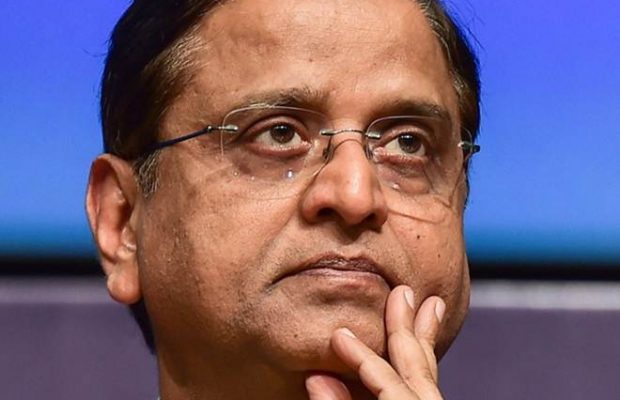Blockchain and Web 3.0 innovations will propel the digital asset economy’s value from $5 billion in 2021 to $262 billion over an 11-year period, resulting in a $1.1 trillion contribution to India’s GDP, as per a report by digital asset exchange Cross Tower and US-India Strategic Par Partnership Forum. Blockchain is a distributed, decentralised, immutable ledger secured by cryptographic hash algorithms. The technology if used and deployed strategically can aid in solving many issues both economic and social. In a conversation with FE Digital Currency Subhash Chandra Garg, former finance and economic affair secretary talks about how blockchain can be a game changer. (Edited Excerpts)
How can blockchain as a technology be used by the government to solve issues in e-governance?
Blockchain is an evolving technology. Its advantage is that it is based on decentralised architecture. The biggest potential comes from the permitted architecture where it is not in the control of anyone. The technology can be used to extend solve issues in areas such e-commerce, land records, among others. Government can use this technology developed by private sectors mostly to build better services.
Given the current crackdown on cryptocurrency, is this the end of it?
I do not think government can do this. So far only the Reserve Bank of India (RBI) has shown sort of distress about cryptocurrency. There is no opposition in the system against the blockchain or other technologies. RBI is a reasonably powerful institution in the country. There is a lurking suspicion about ‘crypto-thing’. This made the government take a more sled-hammer approach. If the government goes and try to kill crypto, we all will be losers. But, this discomfort can only be removed when the dialogue will take place between the industry and the Centre.
Why is India so resistant to cryptocurrency?
No sovereign likes anybody else to interfere with its country’s currency. Bitcoin came as a currency and it was like an assault. It wasn’t introduced as as a blockchain product and the initial gamble was so high because there was no way to judge its true value. The real concern was that this can be used by unscrupulous people.
In terms of security on the Internet, is Web3.0 better than Web2.0?
Web3.0 is a decentralised system whereas Web2.0 is a centralised one. In web3.0, the data is so decentralised that it is not available in one place. It will require much effort to reach out for data. In my opinion, the web3.0, is less prone to hacking and other cybersecurity risks because of the ownership structure.
What is the main challenge when it comes to driving mass adoption of blockchain?
People adopt anything when they find value in it. Likewise, UPI is now working very well. People do not need technology adoption people will need to use the services built upon them. If relevant services are created under blockchain which are also cheaper then it will be used as a successful technology.
Get live Share Market updates and latest India News and business news on Financial Express. Download Financial Express App for latest business news.
Author
Administraroot


